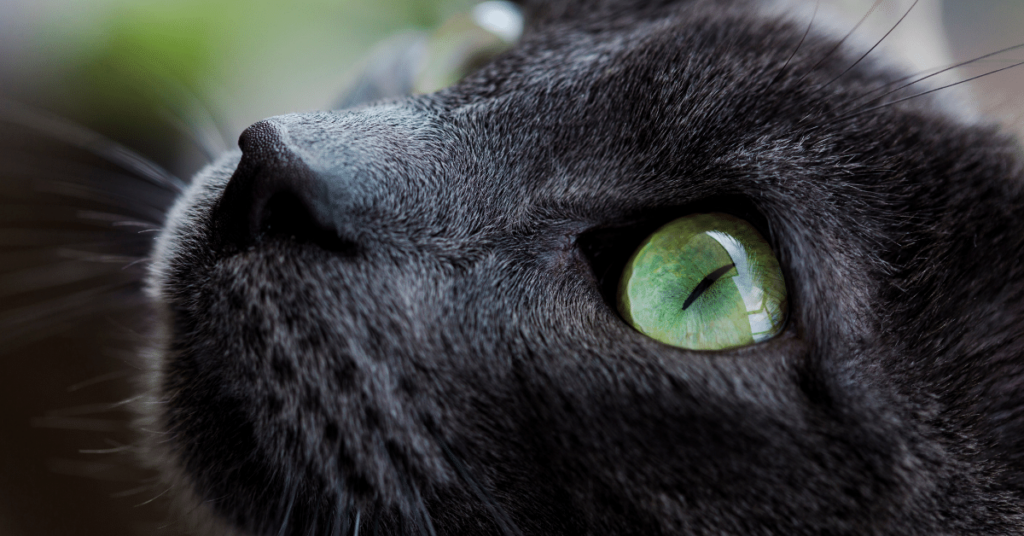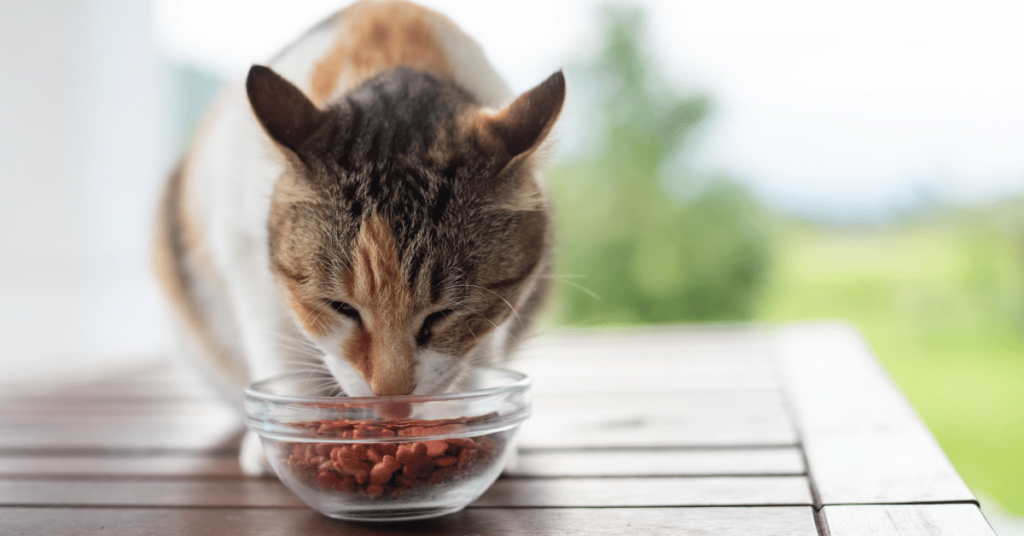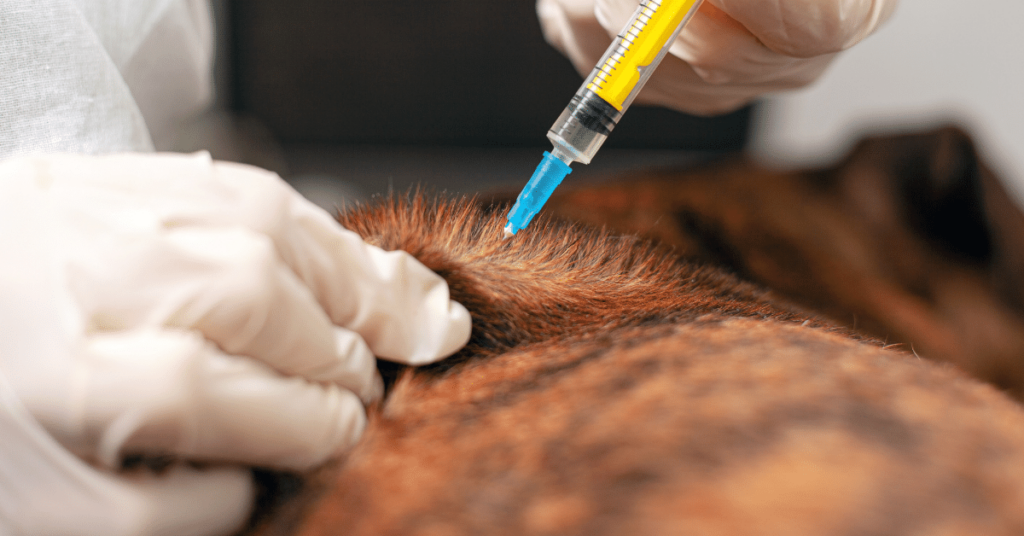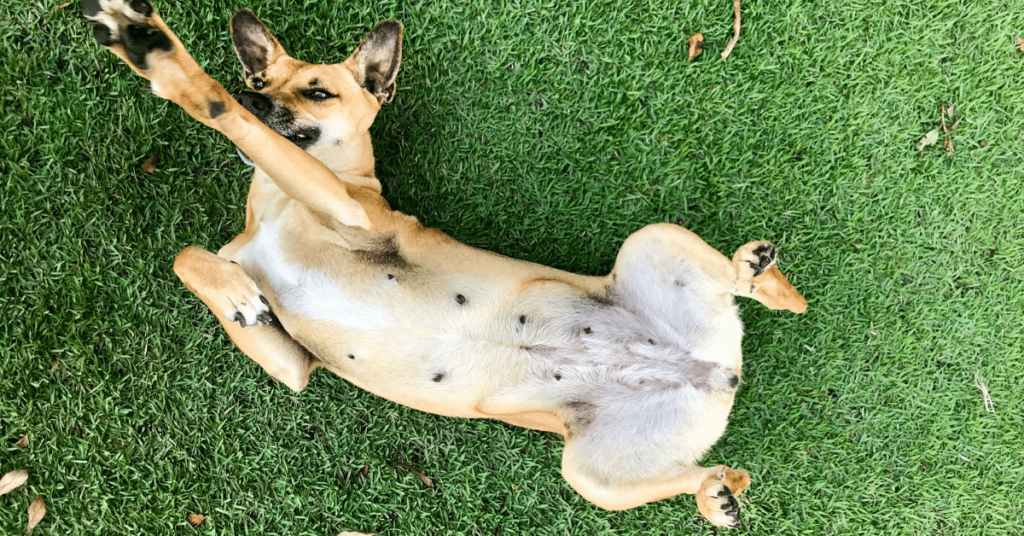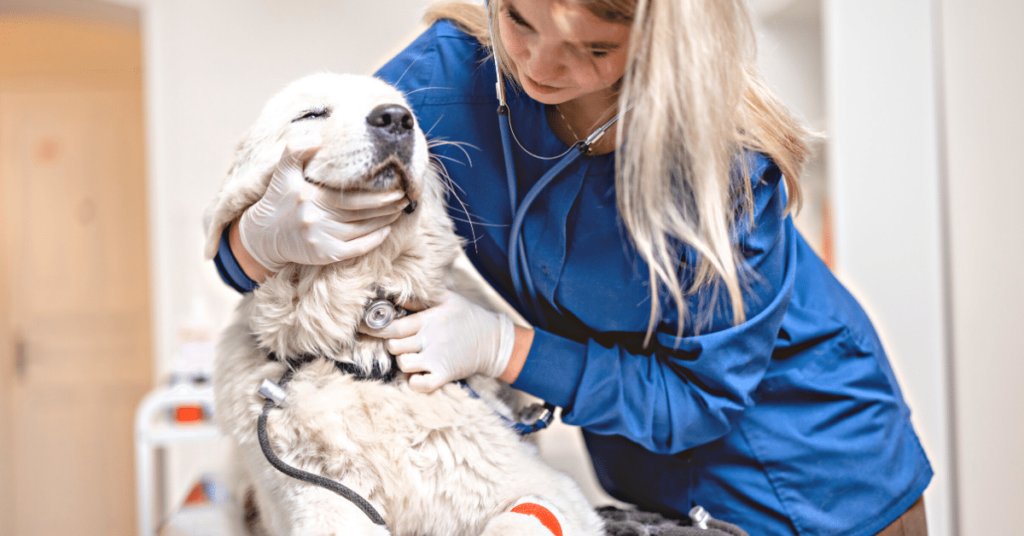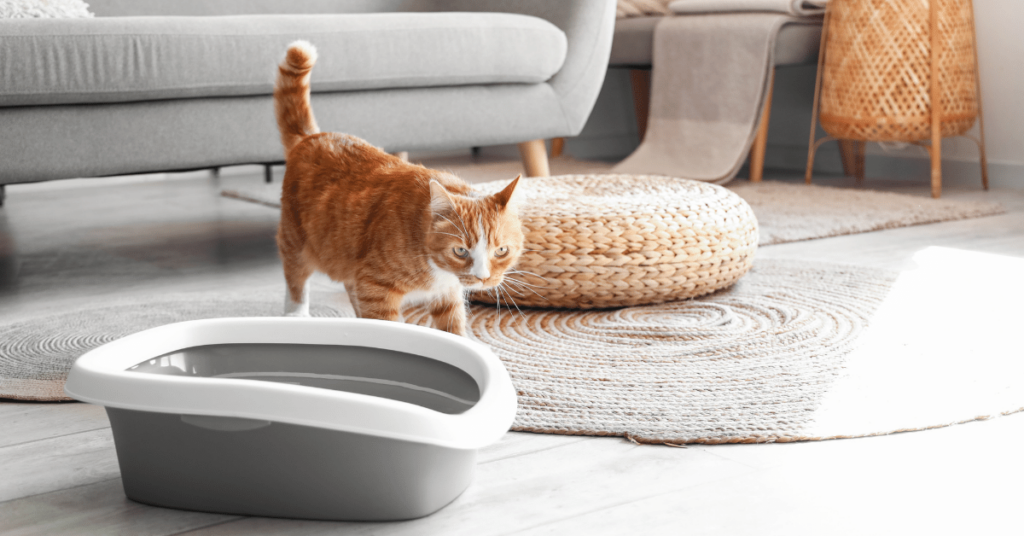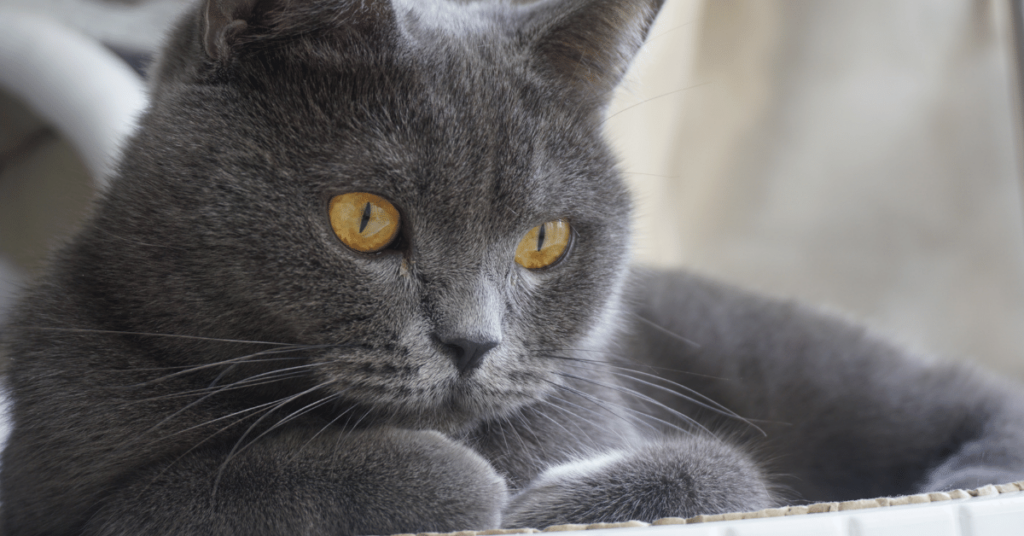Signs of Eye Problems in Pets
Pets rely heavily on their sense of sight, making it crucial to prioritize their eye health. As a responsible pet owner, it is important to be aware of the common signs that indicate eye problems in your furry friends. By detecting any issues early on, you can seek proper veterinary care and maintain optimal eye health for your pets.
1. Excessive Tearing
If you notice your pet’s eyes consistently tearing, it could be a sign of an underlying issue. While some breeds naturally produce more tears, excessive tearing accompanied by redness or swelling might indicate an eye infection or irritation. Consulting a veterinarian will help determine the cause and provide appropriate treatment.
2. Redness or Swelling
Redness or swelling around the eyes is another visible indicator of potential eye problems. It could be a sign of conjunctivitis, commonly known as pink eye, which can result from allergies, infections, foreign bodies, or even trauma. Seeking veterinary attention in such situations is crucial to alleviate discomfort and prevent further complications.
3. Squinting or Blinking
If your pet frequently squints or blinks, it may indicate discomfort or pain in the eyes. Squinting helps protect sensitive eyes from environmental irritants. However, persistent squinting could be a sign of corneal ulcers, foreign bodies, or glaucoma. Visit a veterinarian promptly to identify and address the underlying issue.
4. Cloudiness or Discharge
Cloudiness or discharge in your pet’s eyes is a clear indication of an eye problem. Cloudiness can be caused by cataracts, corneal damage, or other conditions affecting the lens or cornea. Discharge might be a sign of infection or allergies. Prompt veterinary evaluation is crucial to determine the cause and implement appropriate treatment.
Preventive Measures for Optimal Pet Eye Health
To ensure optimal eye health for your furry companions, it is important to take preventive measures. By incorporating these simple practices into your pet care routine, you can reduce the risk of eye problems and maintain clear and healthy eyes for your beloved pets.
1. Regular Eye Examinations
Just as humans benefit from regular eye check-ups, pets should undergo routine eye examinations too. Regular examinations by a qualified veterinarian can help detect any issues early on, allowing for timely intervention. These examinations include assessing the overall health of the eyes, evaluating the tear production, and checking for any abnormalities.
2. Proper Hygiene
Maintaining proper hygiene plays a vital role in preventing eye infections and other eye problems in pets. Regularly cleaning your pet’s face and removing any discharge can help minimize the risk of infections. Use a soft, damp cloth or pet-specific wipes to gently wipe the area around the eyes.
3. Avoid Irritants
Pets can be exposed to various irritants that may harm their eyes. Avoid exposing them to smoke, chemicals, or excessive dust. When cleaning your home, opt for pet-friendly cleaning products that won’t irritate their eyes. Additionally, prevent them from sticking their heads out of car windows, as flying debris may cause eye injuries.
4. Balanced Nutrition
Providing a balanced and nutritious diet is crucial for overall pet health, including their eye health. Nutrients like vitamin A, omega-3 fatty acids, and antioxidants promote good eye health. Consult your veterinarian to ensure that your pet’s diet meets their specific nutritional needs and supports optimal eye health.
5. Protect from UV Rays
Pets, especially those with lighter fur or skin, can be susceptible to sun damage. Just like humans, pets can develop corneal and eyelid tumors from excessive exposure to UV rays. Protect your pets by keeping them in shaded areas during peak sunlight hours and using pet-safe sunscreen on their exposed skin or sensitive areas.
Summary
Maintaining optimal eye health in pets is essential for their overall well-being. By paying attention to signs of eye problems and implementing preventive measures, you can ensure that your beloved furry friends enjoy clear vision and optimal eye health throughout their lives. Regular veterinary check-ups, proper hygiene practices, and a balanced diet will go a long way in safeguarding your pet’s precious eyes. Remember that their eyes are windows to their world, so keeping them healthy is our responsibility as dedicated pet owners.

